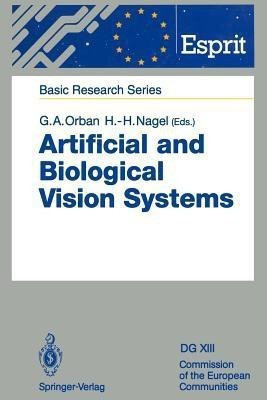Artificial and Biological Vision Systems(English, Paperback, unknown)
Quick Overview
Product Price Comparison
As is true with most areas of Artificial Intelligence, there is real need for a symbiotic relationship between the biological and artificial - a need for problems to be viewed from many different angles, and particularly so in the study of vision. The INSIGHT consortium is taking steps in this direction. In a traditional sense, the papers in this volume are represented by the areas of neuroscience, psychophysics and traditional computer vision. However, to gain deeper insight into vision processes, it is the interaction of scientific ideas from these areas that is essential. The scope of the topics discussed has a definite interdisciplinary flavour: at one end of the spectrum we have experiments performed and direct measurement of the responses of neurons to visual stimuli; at the other end we have the mathematical and computational aspects of optical flow (the relative motion between observer and object) and approaches of tackling vision through binocular disparities (stereopsis). Traditional edge detection (essential for the initial classification of shape) is also covered as is the study of natural texture patterns that occur on object surfaces. A fundamental aim of the Basic Research part of the ESPRIT programme is the pro- duction and maintenance of a pool of research expertise in Europe, from which both fur- ther research and industry can draw. As the authors state in their preface, this project has not only succesfully merged the talents of senior researchers from different backgrounds, but also brought many young ones along.


